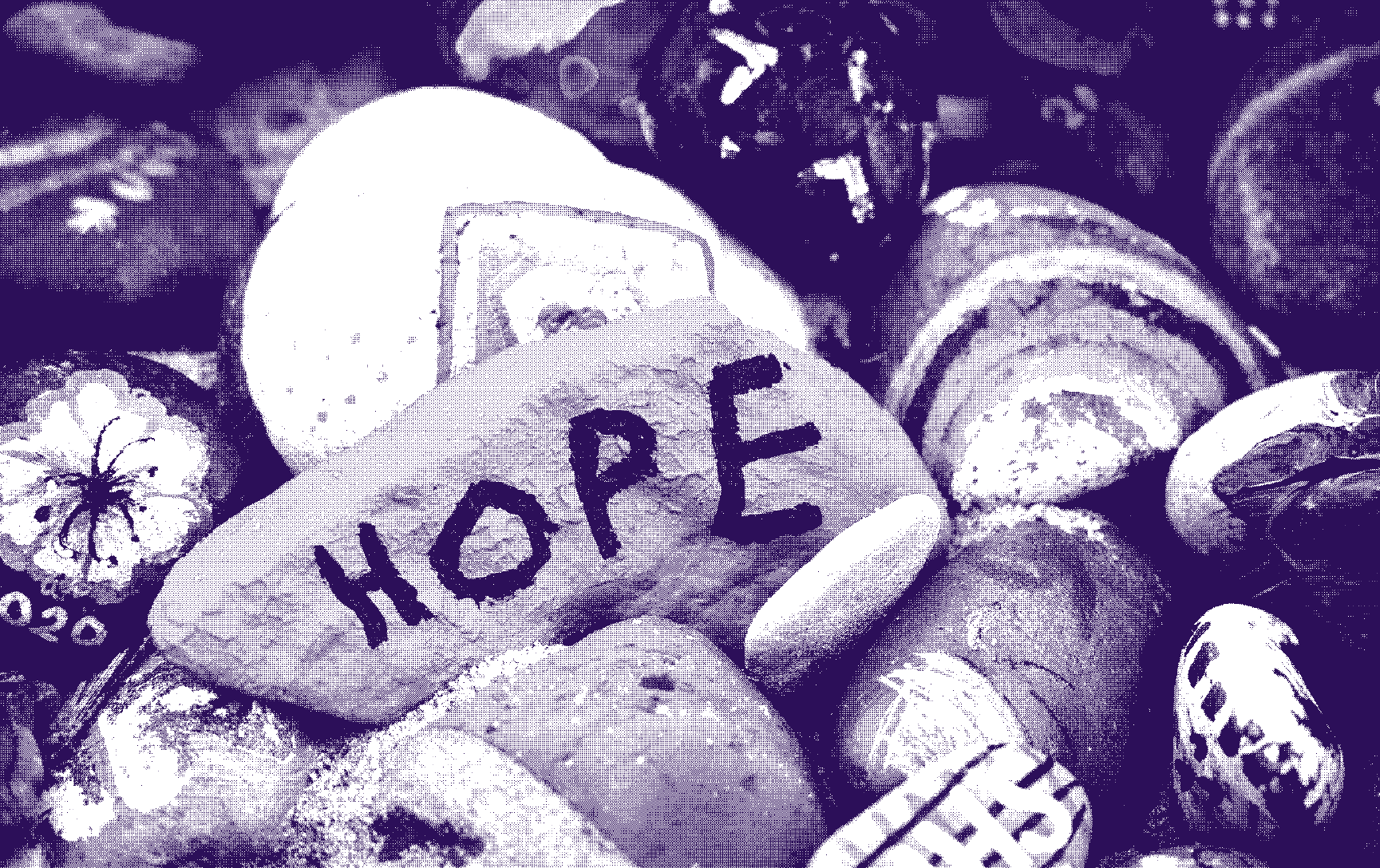
 Photo:
Photo: Changing realities: reasons to be hopeful
06 Oct, 2022During Liz Truss’s round of local radio interviews last week a caller rang in to Radio Leeds, wanting to ask the Prime Minister: ‘when will I ever feel hope again?’ This was a pertinent question and one that will resonate across the country as households face wave after wave of uncertainty and what feels like perpetual crisis. Optimistic if flimsy promises to build back better after the pandemic now seem like a foolhardy, even cruel joke, replaced as they have been this descent into chaos and despair.
The current moment can and often does feel hopeless: we have a government avowedly opposed to progressive redistribution; a government willing to provide tax cuts to the richest and then threaten real term cuts to benefits for the poorest. We know families on a low-income simply have nowhere left to cut, and are terrified of what this winter will bring. And we are all, as a nation, ground down and weary from a difficult, ‘unprecedented’ three years. Pandemic. War. Economic Crisis. An enduring and increasingly pressing backdrop of climate emergency. Surely feeling hopeful in this context would be foolhardy.
And yet, hope is both vital and possible. If we understand hope as being antithetical to complacency, as what Rebecca Solnit describes as a ‘forward-directed energy’, then we can find plenty of places and reasons for hope. Hope is neither happiness nor optimism. Academics Lisa Duggan and Jose Munoz offer a hope that is reactive and productive. They set out how emotions of despair, anger and sadness can fuel resistance, generating action and so underpinning and making hope possible. Many of us will feel plenty of despair, sadness and anger at this moment; the challenge is to respond with action rather than apathy, to harness a sense of hope that change is possible and to work towards it. To make this houdini sounding shift, we need to draw on those negative emotions as fuel that drives and makes possible struggle and, ultimately, resistance. The work and action of struggle is what prevents hope from dissipating and becoming hopelessness.
In our own work on Changing Realities, we come together with parents and carers on a low-income to document everyday life and to call for urgent and much needed change. We work with parents who are terrified of how they will get through the winter, but who are also committed to pushing for much needed and urgent reform. They navigate the struggle to feed and clothe their children on a limited income and a time of rapidly rises prices, while also finding space and energy to devote to efforts to make change. It is in their resistance that we can see hope. One participant, Kim, describes her hope for the project:
With Changing Realities, I hope that we continue to strive for reforms with the end goal of a fairer benefit system and a huge cut in poverty
We will all come to hope from different places, facing different challenges in this precarious present. But what unites us is the potential to resist, to challenge all that is wrong with today, in order to create the space to imagine a better tomorrow. Ruth Levitas encourages us to engage in utopian (we might say hopeful) thinking: where we build ideas for the future through our analysis of all that is wrong with the present. Applied to the contemporary context, our anger at the social, economic and cultural injustices meted out by our Government can generate the energy we need to come together and work for a better, even utopian future.
While the promises to build back better turned out to be hollow, we watched this hope surfacing in the pandemic as millions of people engaged in small acts of kindness or varied forms of mutual aid. And we continue to see this hope bubbling up across the UK, through a diffuse combination of local, community-led action, national campaigns like Won’t Pay and Enough is Enough, and by each individual act of solidarity and compassion, which counters the dogma emanating from our politicians. In our own work with parents and carers living on a low-income, we see how those at perhaps greatest risk from the current cruelty and chaos are still finding time and spaces for hope, setting out radical ideas for change, and providing much needed emotional support to each other.
It is behoven on all of us who recognise the urgent need for progressive change to create spaces for hope, and to do what we can to ensure everyone has opportunities to imagine a different, better future. Our future focused conversations must be diverse and inclusive and, to be truly hopeful, they must be oriented towards action. We also need to navigate the inherent riskiness of hope. The engagement in hope-based work opens us up to the possibilities of failure, and for those struggling daily to get by, the consequences of this failure are real and closely felt. We need to be open about and work with these possibilities and risks, while remembering that without any action at all our hope will quickly dissipate into hopelessness.
Liz Truss may want us all to give up on hope, leaving her government to press on with their ill-fated ‘plan for growth’. But we must not do so. Her government’s callous ineptitude can drive us to hope; and to work together for a better, more hopeful future.

